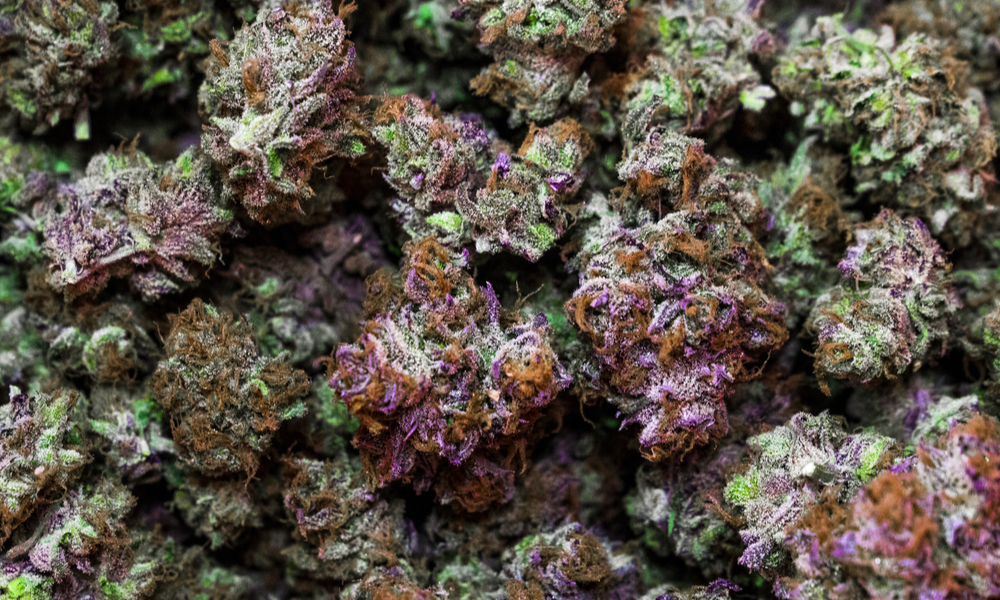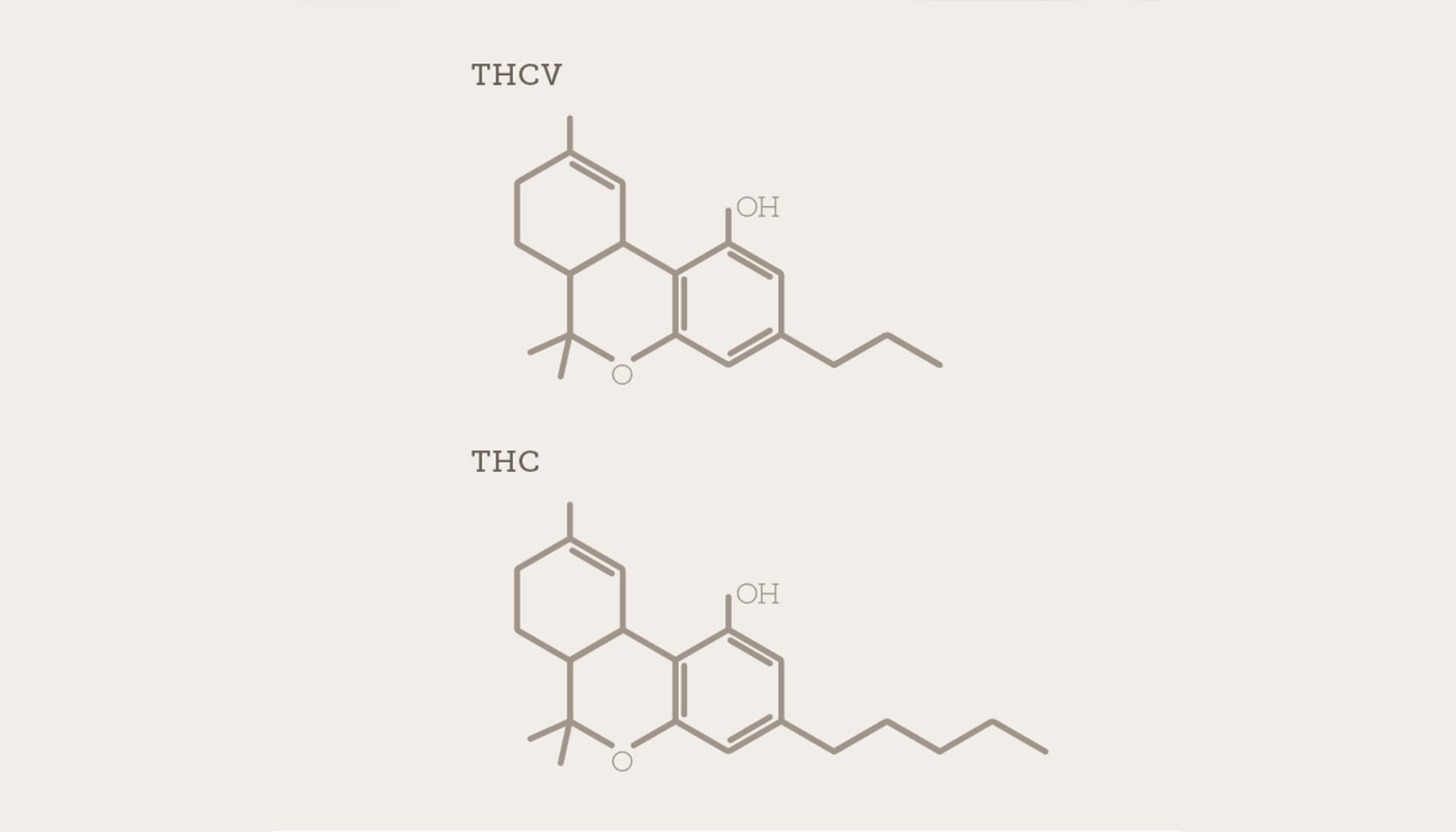Tetrahydrocannabivarin (THCV) is a cannabinoid substance discovered in marijuana and hemp plants. It's chemically similar to tetrahydrocannabinol (THC) however with some essential distinctions. Here's whatever you need to understand about THCV including the threats, advantages, distinctions, and similarities with other kinds of THC and more. What Is THCV? THCV is a less typical cannabinoid discovered in some stress of cannabis, particularly African sativa.
 THCV Strains: 11 Interesting Health Benefits You Should Know
THCV Strains: 11 Interesting Health Benefits You Should Know
 THCV Strains: 11 Interesting Health Benefits You Should Know
THCV Strains: 11 Interesting Health Benefits You Should Know
![]() how tobincrease thcv itemprop="caption">What is THCv Cannabinoid Explained - leafipedia.net
how tobincrease thcv itemprop="caption">What is THCv Cannabinoid Explained - leafipedia.net
THCV has a 3-carbon side chain rather than THC's 5-carbon side chain. This distinction is how to find "thcv" strains in orange county subtle, but it has a visible influence on the effect profile. THCV is somewhat psychedelic but only about and about. What Does THCV Seem like? THCV has a strong energy-boosting element to it, that makes it specifically popular among students and professional athletes.
In the United States, THCV regulation is nuanced. THCV is not an Arrange I Drug, but marijuana extracts are making it rather ambiguous what the federal position is on THCV. The 2018 Farm Expense mentions that hemp plants and all derivatives of the plants are legal on a federal level, a lot of business abide by this law and still offer THCV to consumers by only drawing out the compound from hemp plants.
If THCV is thought about a what strains have thcv THC analog, it might be controlled in the future by the exact same guidelines as THC under the Federal Analog Act. This act states that any substance that shares a comparable molecular profile as a recognized restricted substance it's consisted of in the very same drug Arrange classification.
What Are the Results of THCV? Supporters of THCV report that it produces an extreme burst of energy and makes them feel euphoric without the psychological cloudiness triggered by THC. The effects are very what is thcv and what does it do moderate compared to THC. The results are nearly solely cognitive yet somehow have really little impact on headspace.
2. THCV & Cravings Some THCV users declare that it curbs their appetite. This is a common result of other focus-enhancing substances also. It's as though THCV gets rid of the distraction of other bodily processes (like appetite) in order to protect resources and attention to cognitive tasks rather. How Does THCV Work? Cannabinoids produce biological impacts in the human body by connecting with endocannabinoid receptors.
CB1 receptors are situated in the anxious system and engage with neurotransmitters in the brain to produce mind-altering results. Interaction with CB1 sites is what provides some cannabinoids like THC their psychoactivity. THCV is a bit tricky to comprehend since it's mostly a CB1 villain, suggesting it has the opposite impact as THC.
While scientists are still looking for to comprehend this process, it appears THCV has the ability to obstruct the results of CB1 in low dosages and promote them in high dosages. CB2 receptors are discovered primarily in the immune system. THCV is a partial agonist of CB2, but the effects of this partial activity aren't well-known, and it relatively has no noticeable impact on THCV users' experience.
As pointed out in the previous area, THCV is a CB1 villain in low doses which is the precise opposite impact of delta 8 and delta 9 THC. This might imply that THCV counteracts a few of the psychoactive effects of THC. This impact could explain why people who utilize THCV feel so clear-headed especially compared to the infamous "fogginess" caused by delta 9 THC.